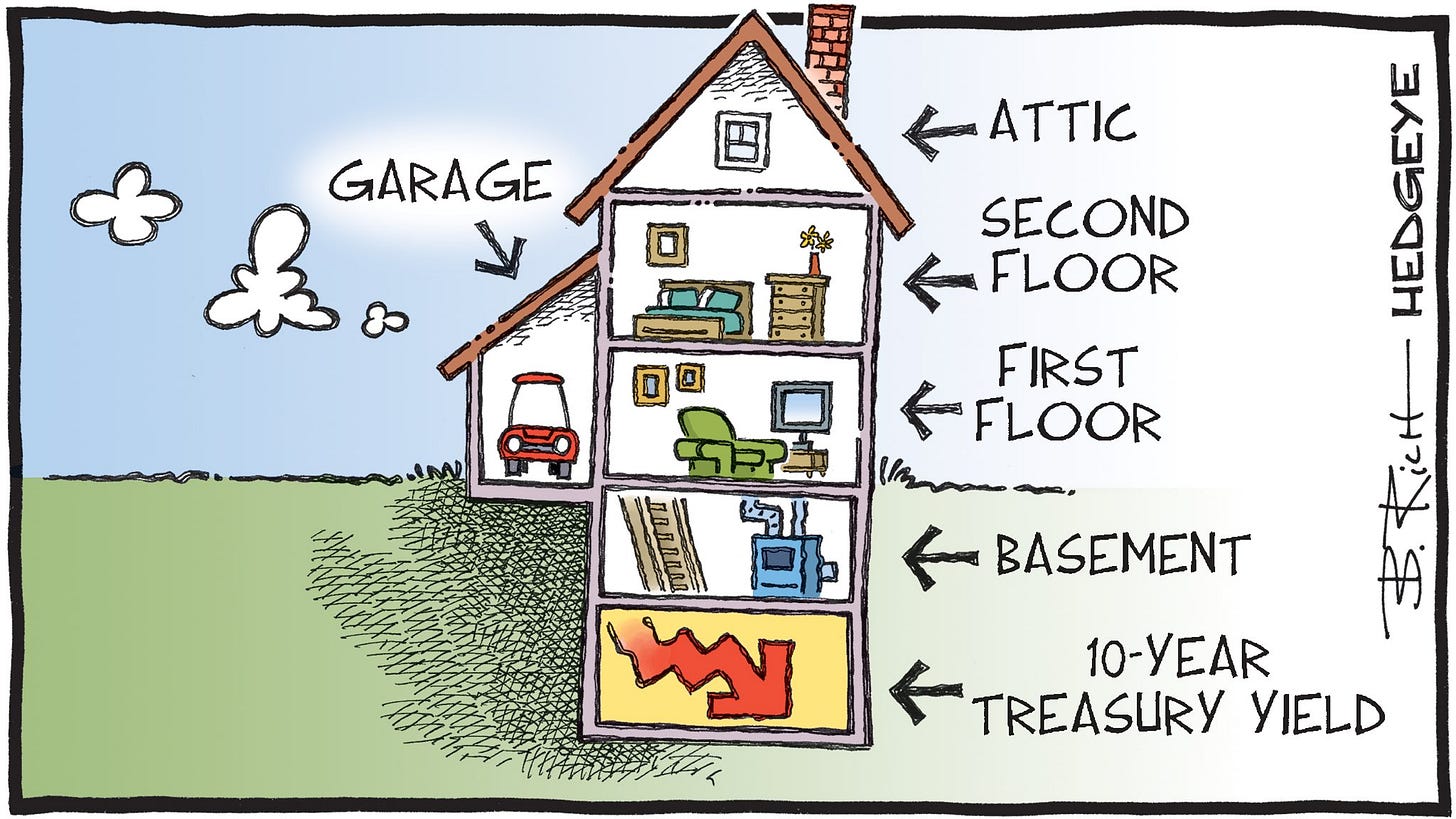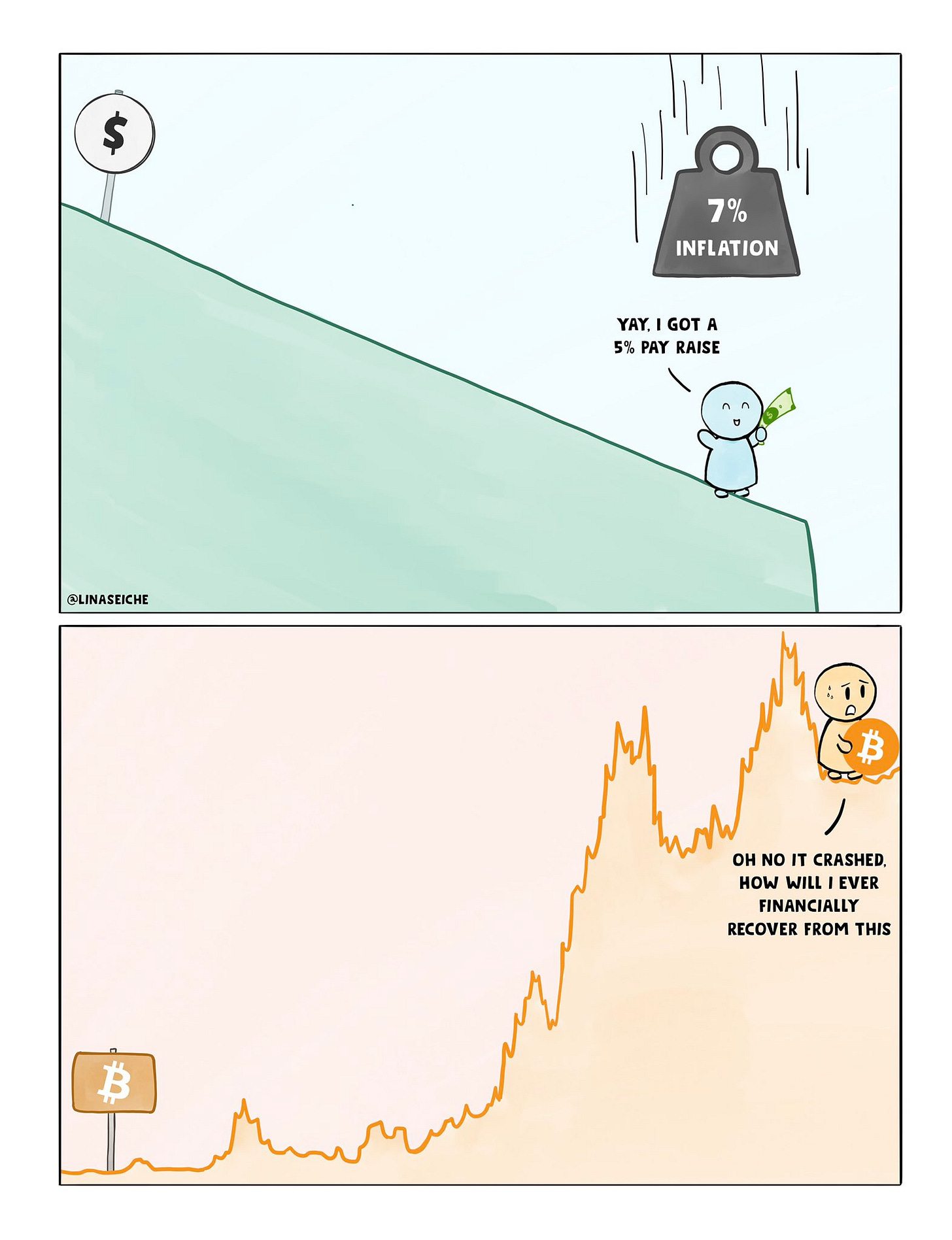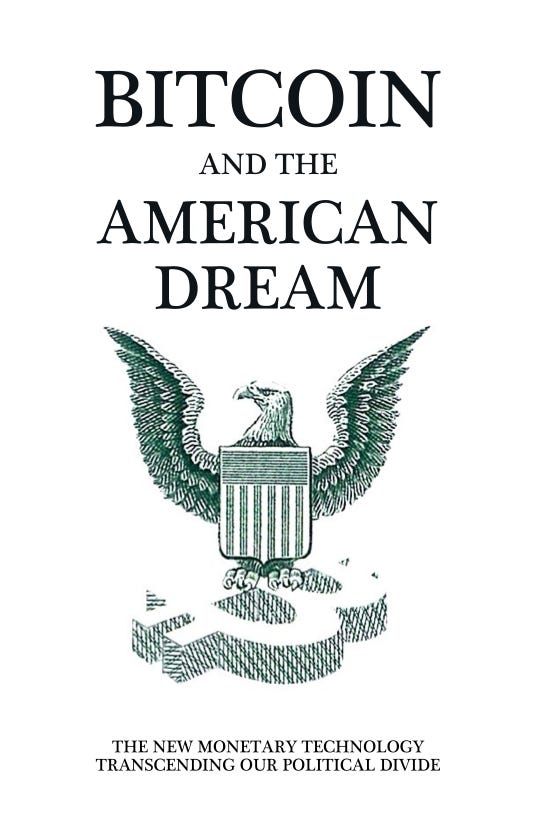I’ve been in El Salvador the last few days and the experience so far has been really magical. The place has a natural beauty along with weather that’s best described as extremely relaxing. In addition, the area known as El Zonte has become a mecca for Bitcoiners who are here from all over the world. This is great for local tourism and even foreign investment, but being here on the ground, it’s clear that Bitcoin means much more to this country.
I had the honor of meeting with the Mexican delegation here in El Salvador. These were senators and ambassadors who wanted to check out what’s going on in El Zonte to see how they could take advantage of what’s been going on. What’s remarkable about this visit is that this sort of thing was completely unthinkable even a few years ago. In many ways, Central American countries are considered lower on the totem pole than Mexico, which in turn is considered lower on the totem pole than the US. The fact that a Mexican delegation was visiting El Salvador to learn what they could be doing better was truly remarkable.
This is part of a startling turnaround in how El Salvadorians view themselves. For many that come from here, their place of birth has been a source of shame because El Salvador has been known internationally as the murder capital or a corrupt place or something else negative. This has changed in the last year or so as the international perception of this place has become one centered on Bitcoin. It’s now becoming a place of innovation, investment, and independence. Foreigners pouring into the country is proof to El Salvadorians of what’s happening.
As a result, El Salvadorians are starting to take pride in what their country is doing. Bitcoin is rapidly becoming a part of their identity. I’ve had multiple experiences here where I’ve told them I’m into Bitcoin, and the people here treat me even nicer. They recognize that Bitcoin is a part of the massive societal change that’s going on.
What’s more remarkable is the affect that this is having on the leadership. Nayib Bukele and his party have gone all in on Bitcoin, including eschewing IMF loans and are in the process of issuing Bitcoin-enhanced bonds. This is no small thing as any third-world country knows, IMF loans mean that you have to satisfy the IMF and not the country’s citizens. As a result, the people in power here seem to be more interested in what their constituents want, and not these international bankers. Having less resources going to international monetary organizations means more resources are going to the people. In a way, Bitcoin has freed these politicians to do what they’re elected to do, and not bow to the pressures of the international finance cartel.
So many people, many of them Bitcoin skeptics, have told me there’s something really different going on. Government ministers are listening and making common sense reforms which were excruciatingly hard in previous administrations. Being free of the shackles of the international monetary order has made the leadership a lot more responsive to the people. The leadership here is incentivized to serve the people. What a concept!
Now, there’s a genuine pride in the El Salvadorian people again. People who have been gone for 20 years or more are starting to return. They’re realizing that there’s real investment going into their country and something cool is going on. The calculation used to be that going to the US to work as a day laborer was the best that most people here could hope for. Now, there’s real development happening and good jobs are coming. Kids are more interested in education because there are opportunities and more entrepreneurs are creating new goods and services.
In other words, Bitcoin is incentivizing civilization-building behavior. This is not to say that everything is perfect. There are still lots of problems and many things that need work. But what’s clear is that things are getting better. Fiat money and the international monetary order were holding this country back and Bitcoin is making investment in this country a profitable proposition. El Salvador is showing what transitioning from fiat to sound money looks like.
Bitcoin
Jameson Lopp explains how the 21 million limit in Bitcoin is enforced. As he explains, the 21 million limit is not in the whitepaper and is there implicitly. The main function that enforces this limit is the halvening happening every 210,000 blocks which is really a right bit shift on the miner reward. Nodes check that the reward is what it’s expected to be for any given block, not the total supply. Of course, the total supply can be checked with gettxoutsetinfo, but that’s done at user bequest, not at each block.
Samuel Dobson has written a python MuSig2 implementation. Popeller has a good explanation of what MuSig2 is. MuSig2 is a bit more difficult practically because of the interactivity requirement and the nonce generation requirement, and the implementation/explanation show what those tradeoffs are. Essentially, MuSig2 lets multiple signers have a single public key and single signature, but at the cost of some interactivity which really can’t be avoided presently.
Unchained Capital has the dos and donts of seed phrase backups. They recommend not using seedless backups, digital backups or brain wallets and instead recommend paper and metal seed backups. The tradeoffs are described pretty well here and well worth considering. For example, should you get a tamper-evident backup?
Jack Dorsey, Alex Morcos, and Martin White have created a Bitcoin Developer Legal Defense Fund. This will be great to stop the frivolous lawsuits from people with altcoin agendas, and will hopefully get more risk-adverse devs to contribute more.
Lightning
Kollider explains Transaction Anxiety and why Lightning solves this. This is a great phrase to give voice to the fact that waiting 10 minutes can be very painful, especially if blocks aren’t found very fast or if the fees suddenly bump. Lightning definitely reduces this anxiety, though at times, if the transaction doesn’t go through, it still produces some anxiety. That said, you usually know within 15 seconds or so, and not have to wait.
LNMarkets newsletter shows how millisats work. The post is good for understanding how Lightning enables smaller units than the on-chain amounts. As Bitcoin gets to higher prices, the ability to divide on the Lightning Network will be a key feature to help Bitcoin scale. One of the main use-cases are micro-transactions and millisats, and maybe even microsats in the future will be useful for, say, charging for a page-view or even a tweet-view in a decentralized web.
There’s a list of exchanges that support Lightning. I honestly had no idea that so many exchanges already supported Lightning. It would be interesting to see if the exchanges on this list are closer to the median prices on exchanges, that is not have too much skew, because of the liquidity offered through Lightning. Theoretically, these exchanges should have faster arbitrage and have tighter spreads.
Economics, Engineering, Etc.
Nic Carter explains the energy debate around Bitcoin mining has a precedent in the same debate around gold. As he explains, many economists have complained about the resources spent to dig up gold and argued that printing paper notes was a lot more energy efficient. Yet the tradeoff doesn’t look worthwhile, once you go to easy-to-produce paper, centralization comes with it requiring the holders of the paper to trust, not verify. As Nic explains, the debate isn’t about Bitcoin’s energy consumption, per se, but rather a disbelief in the value Bitcoin provides. The article is long, but well worth reading.
Hashrateindex has a report on the changes in the mining industry in 2021. The main topic of the report is the great hash rate migration from China to elsewhere. The regulatory ban in China has led to a lot of upheaval in the industry and essentially spread the mining hash power all over the globe. As they project, 2022 will likely result in higher prices for mining equipment and a lot more mining companies will go public.
Speaking of mining, Jack Dorsey is getting into the ASIC design game. His goals seem a little different than the other mining equipment manufacturers as he wants to focus on accessibility, for example. It seems that after leaving as CEO of Twitter, his efforts are about adding value to the Bitcoin network at every level. I may not agree with everything he’s doing, but he’s been a great champion for Bitcoin and it’s great to see him continue.
Namcios digs into the mining situation in Kazakhstan. As revealed in last week’s newsletter, the central Asian country had, at points in 2021, 18% of the entire network hash rate. It turns out that the hash rate was essentially turned off as a result of protests against Tokayev, the current president of Kazakhstan. I’m sure many mining companies are learning that political stability is a big factor in figuring out the long-term costs of mining in a particular region.
Matthew Green decided to do a casual code review of MetaMask. As you might expect, it’s not coded very well and it’s hard even to find some of the functions he wanted to review. This is something that’s missing when people talk about the number of developers on platform X as if that’s a good metric. The code they produce matters and code like MetaMask which looks like a lot of spaghetti, is not the same as heavily reviewed, painstakingly tested code like that in the Bitcoin Core wallet.
Quick Hits
Turkish people are escaping from the Lira to Bitcoin and Tether.
You can get $10k in BTC and a bicycle if you move to Arkansas.
Even being homeless cannot stop a determined person from accumulating Bitcoin.
Probably the best report of what’s happening in China the past couple of years that I’ve read.
Another week, another altcoin gets exposed.
Events
Bitcoin and the American Dream book launch is happening in Washington DC on February 10th. Come join me and meet the authors as well as some influential DC people for the event!
I am planning to be in London for Advancing Bitcoin March 3-4. I am also going to be at Bitcoin 2022 in Miami April 6-8.
I’ll also be doing the Programming Blockchain seminars in London March 1-2 and Miami April 4-5.
Podcasts, Etc.
On this week’s Bitcoin Fixes This, I talked to Peter McCormack about the English football team that he bought, Bedford FC. His vision for how the club can be used to benefit Bitcoin and Bedford is inspiring.
I read through last week’s newsletter which you can find here.
I talked about the ESG narrative and how it’s mistaken around Bitcoin with Students for Liberty.
I talked about the book and decentralization/censorship resistance with Bitcoin Magazine. Here is the latest book which is out now!
My other books are here and here.
Unchained Capital is a sponsor of this newsletter. I am an advisor and proud to be a part of a company that’s enhancing security for Bitcoin holders. If you need multisig, collaborative custody or bitcoin native financial services, learn more here.
Fiat delenda est.












the change of "identity" is the most profound. so cool. that's what bitcoin does to folks. it changes us and how we feel about ourselves (and others).
What is happening in El Salvador right now is fascinating on all levels. It shows how much interest a small country in the economic sense has in embracing the Bitcoin revolution to change its future. Many countries are watching what is happening in El Salvador, and there is no doubt that others will follow the same path as President Bukele in the months and years to come. Game theory will be in full play after that.